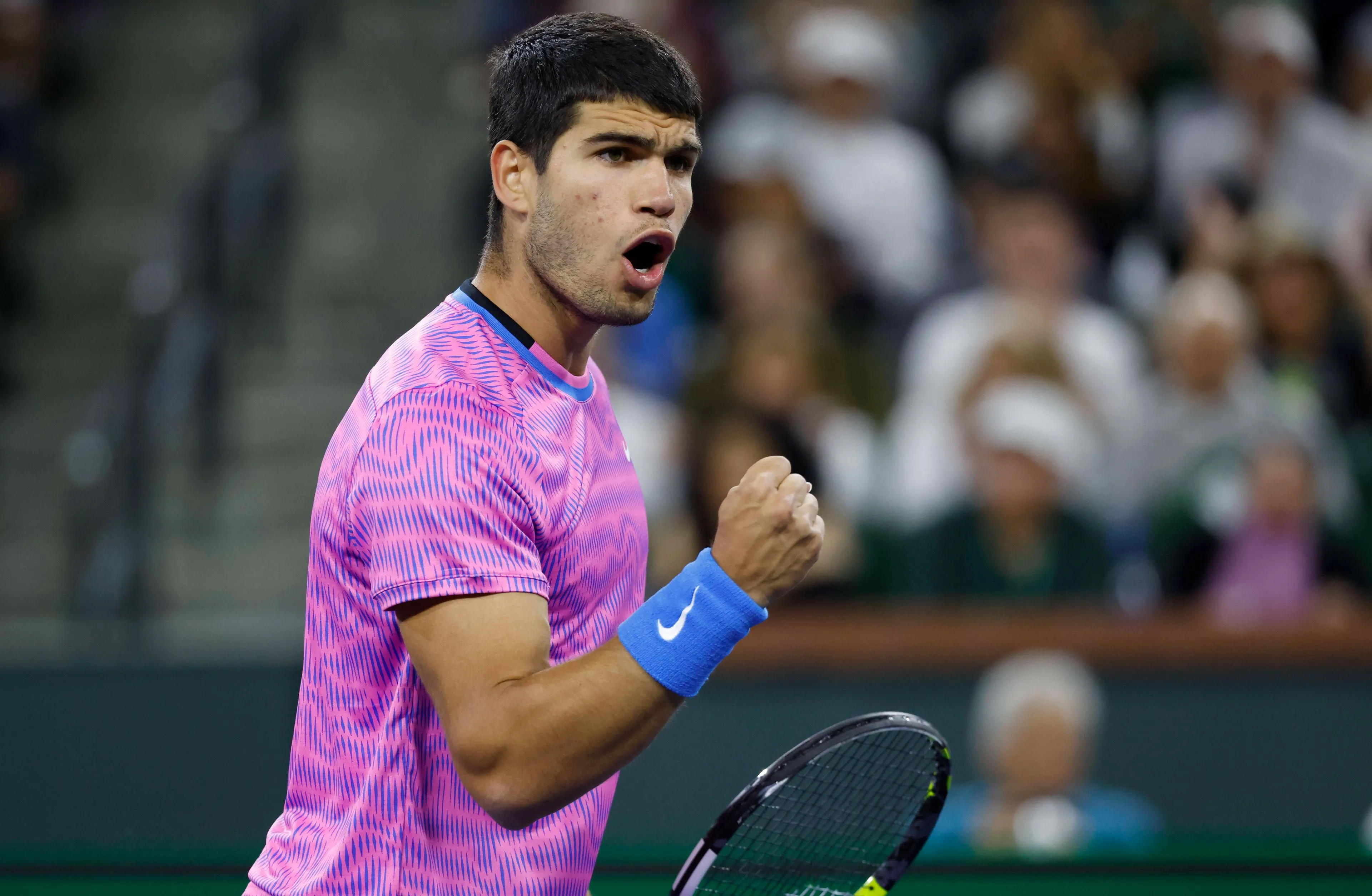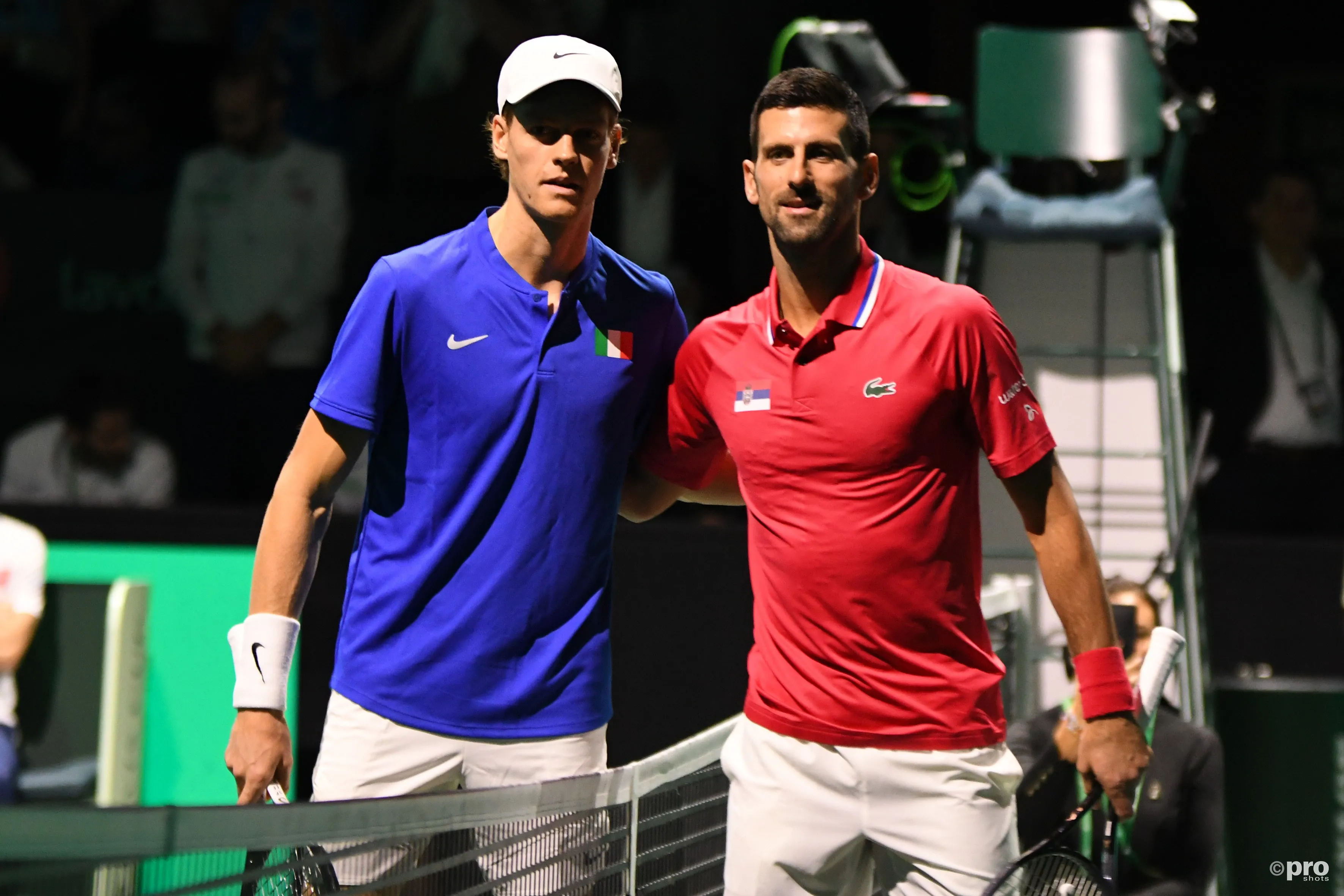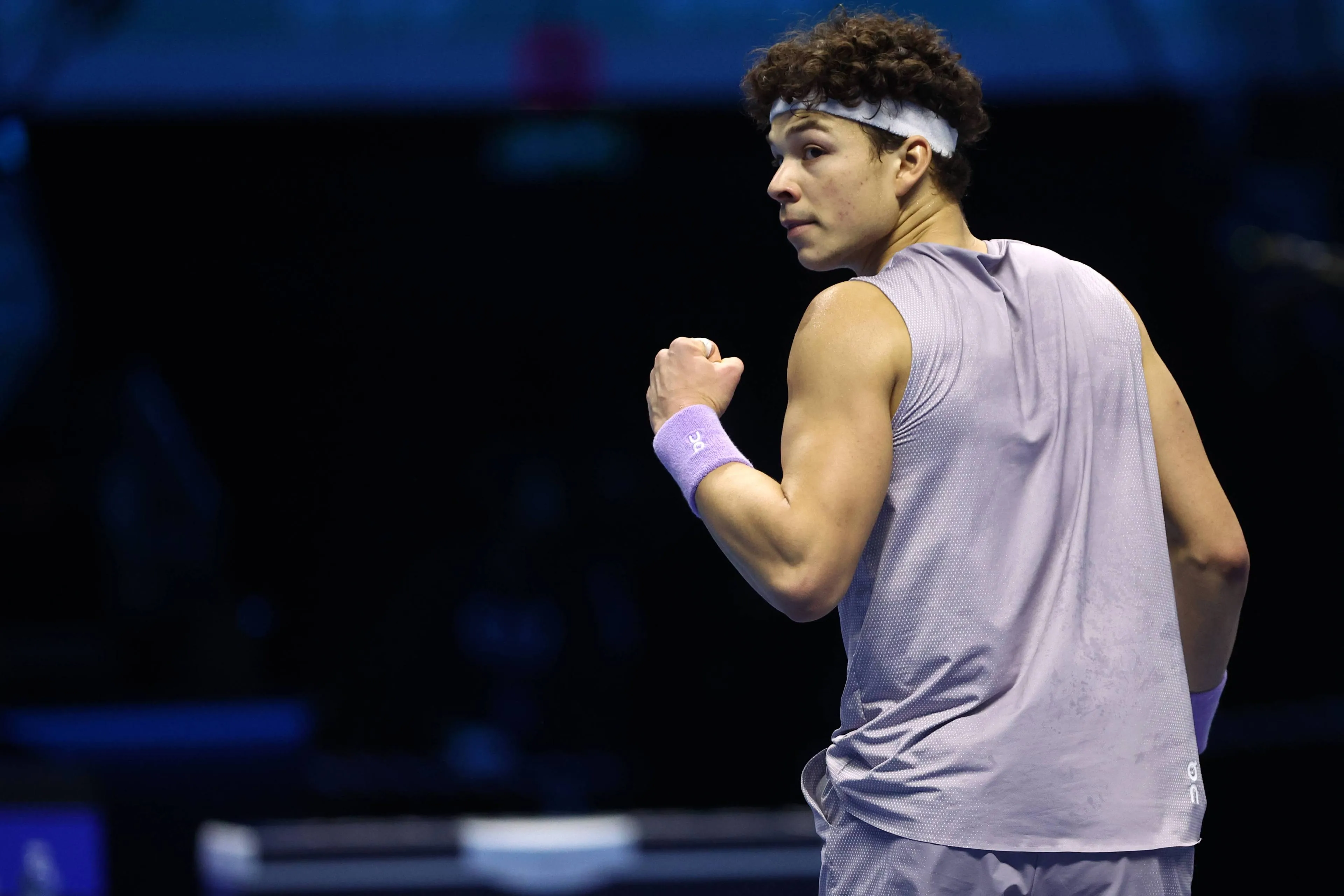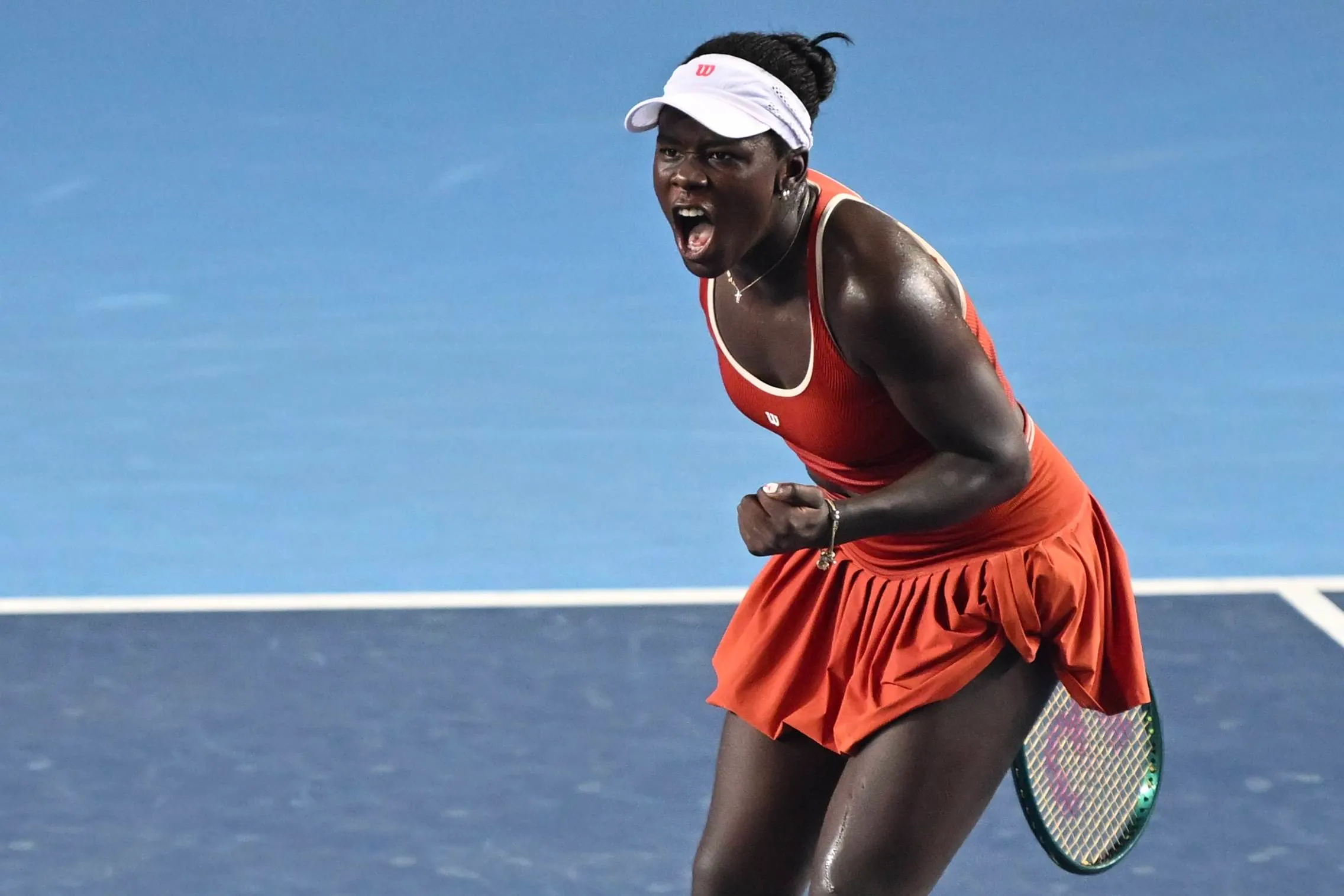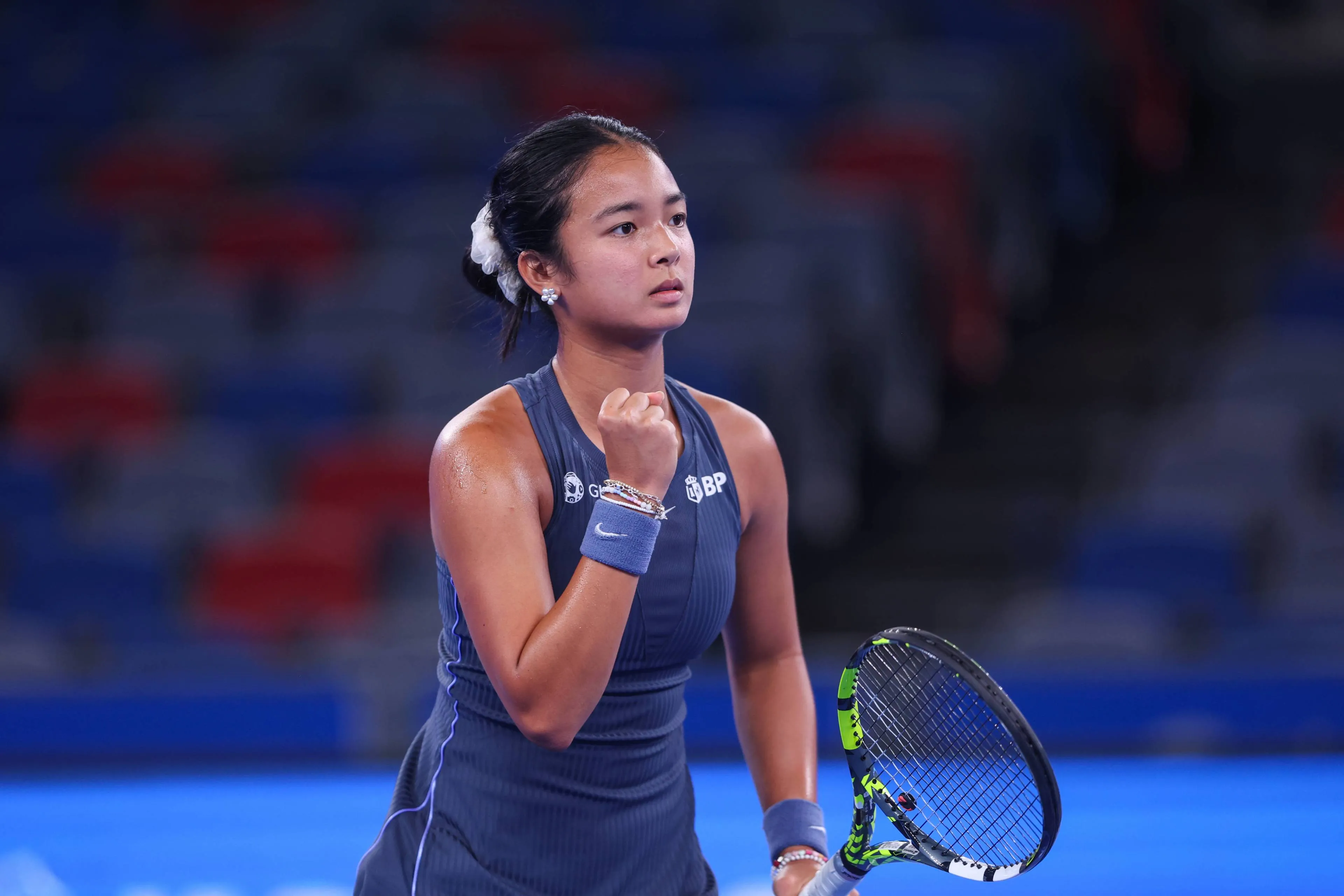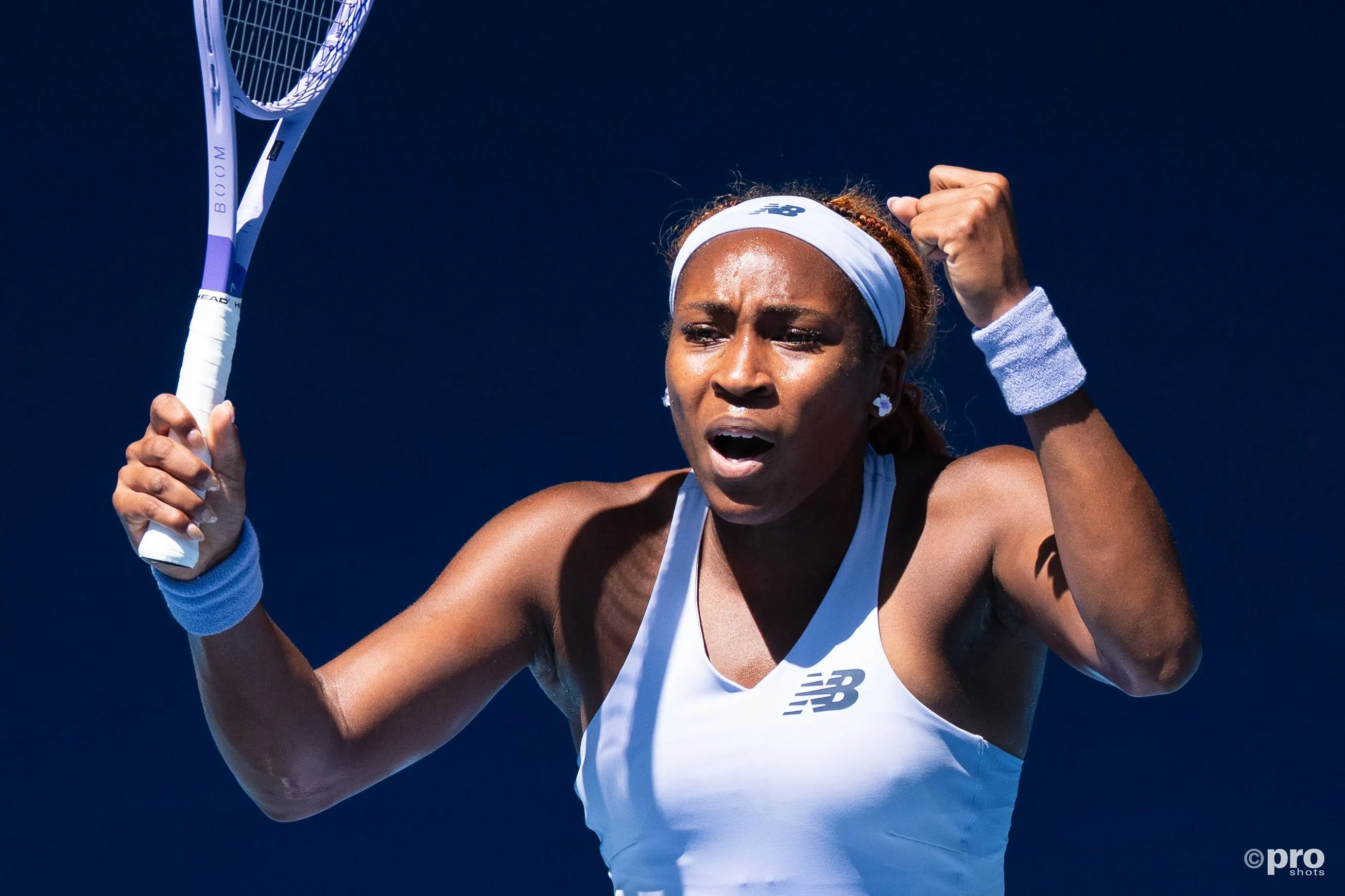Mouratoglou, former Serena Williams' coach, applauds Alcaraz's mental resilience
WTATuesday, 11 June 2024 at 23:30
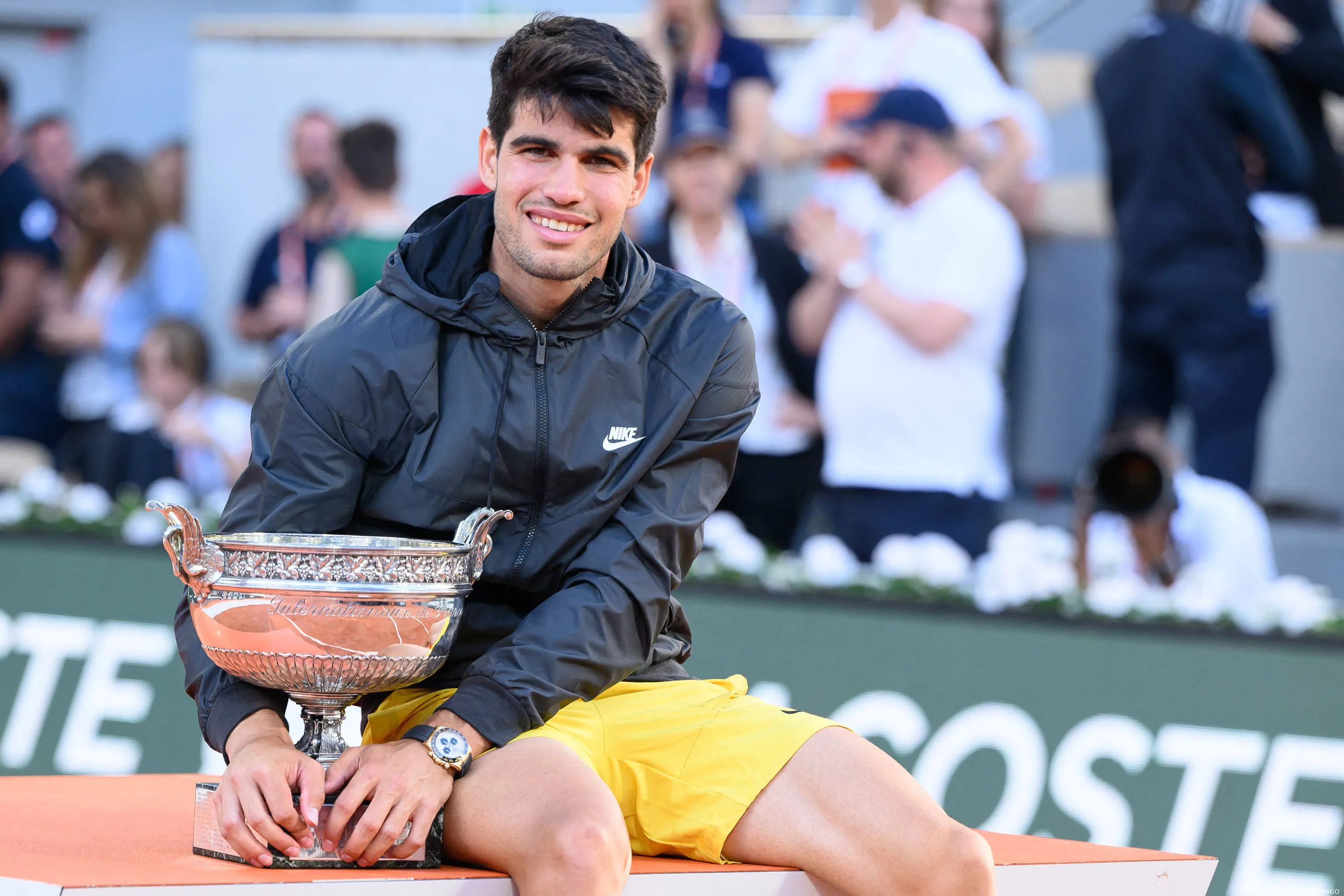
Former Serena Williams’ coach, Patrick Mouratoglou,
showered praise on Carlos Alcaraz following his French Open title. The French
coach analyzed the world No. 2’s victory at Roland Garros, highlighting the
comebacks against Jannik Sinner in the semifinals and Alexander Zverev in the
final.
Alcaraz secured his third Grand Slam on Sunday with a 6-3,
2-6, 5-7, 6-1, 6-2 victory. At 21 years old, he became the youngest player to
win three Slams on different surfaces, surpassing his compatriot Rafael Nadal’s
record.
"Alcaraz exemplifies the importance of belief and aggression in tennis"
Mouratoglou commented on social media that Alcaraz didn’t
play his best throughout the tournament but still managed to prevail: “Carlos
Alcaraz’s triumph at Roland-Garros shows that you can win big even when not at
your best,” Mouratoglou said.
Read also
“His victory is a testament to his exceptional talent and
versatility. Defeating Jannik Sinner in the semi-finals and Alexander Zverev in
the final, Carlos demonstrated key skills: never give up and always take
control.
“A critical area for Carlos’s improvement is reducing the
impact of his performance dips. His peaks are high, but his lows are too low,
leading to easy losses when he’s not at his best. Every player has ups and
downs, but the key is to minimize the lows.”
Mouratoglou highlighted the match against Sinner, where
Alcaraz also had long periods of irregular play and was far from his best: “The
primary lesson from Carlos’s matches is the importance of being aggressive. In
the Roland-Garros final, his offensive play was pivotal. When he broke and went
up 4-0 in the fourth set, he believed again that he could win in five sets.
This mindset shift allowed him to relax, regain control, and secure the win.”
“Taking control of the game by playing offensively, making
winners and unforced errors, determines the outcome. When you are passive, it
doesn’t depend on you. Carlos always takes his chance. It doesn’t work all the
time, but it often does. He has won 11 out of his 12 five-set matches in Grand
Slams by taking responsibility,” Mouratoglou added.
“Mental resilience is crucial. In his semi-final against
Sinner, despite playing poorly, Carlos’s perseverance and mental strength led
him to victory. When you feel bad, the risk is to focus on yourself. You don’t
think the other player might also feel bad. If you stay mentally present and
keep trying, you always have a chance. Most people complain when things don’t
work, but this doesn’t help. You have to find a way to stay positive. Just
think there is hope because there always is.
Read also
“Carlos Alcaraz exemplifies the importance of belief and
aggression in tennis. His journey highlights mental toughness and staying in
the game, even during tough times. Okay, the kid has a good forehand and
backhand, but you win major trophies with your personality and resilience.
Alcaraz is a spectacular proof of it.”
claps 0visitors 0
Just In
Popular News
Latest Comments
- You seem to have 'lost the plot' ??
- This needs to be done, and I think Jessica Pegula is an excellent choice for chair to look into the situation. However, a very brief look at the other members of the panel would suggest a very USA heavy contingent. The group needs to represent all interests, not just turn it into a way the US can screw more money out of an already biased calendar.
- The tennis world should be kissing her feet for taking-on this long needed position in a much needed council. The WTA and ATP need a good shaking-up. Pegula's business heritage is a proven one. Let's hope she and her colleagues can stop WTA & ATP from shutting their work down and out. GO GET 'EM !!
- So the Sportswasher's largest market is... the Filipino community? That's all well and good but the hundreds and hundreds of empty seats throughout is embarrassing. Talk about bad optics!
- The poor Head Sportswasher has been whining and crying in the media, and basically threatening Saba, Iga, etc. Must be a real Ego Buster when they dangle money and people (especially Women) say, 'No thanks'.
- "Losing-itis" is not uncommon in Emma's small world. Just keeps begging the question, 'What are sponsors paying for? Limited tennis appearances... or Social Selfie Media presence?'
- Dubai can suck it up like everyone else. Just because they think they run the show, they do not. Sportswashing does not give them Power.
- You're losing your mind here.. You use a lot of space, yet inadequate knowledge. Read the WTA Rule Book 2026; it answers all your questions and accusations.
- Why single out Iga and Aryna to punish?, Since when do players get punish because they withdraw from tournaments? Maybe if they both were treated like number one and two players, they would not have this problem. The WTA discriminates against them because of their nationalities, yet they want to make money off them. Every tournament, Iga has harder draws than qualifiers from the beginning to the end. In the Australian Open they stuck Aryna out in the sun the majority of her matches in order to tire her out. She is the number one player in the world and she never got the opportunity to play with the roof closed. If they want these top players to continue playing and making money for them, then they should treat them as such. Otherwise, get the players who they are always giving out cupcake draws to like Pegula to play their tournaments. Lets see how many seats in the audience she will fill. Iga has more fans in the seats than any player in the WTA, yet she is always disrespected and mistreated because of her nationality. The WTA is a corrupt, bias and racist organization. No matter what job someone is on, you cannot tell them that they are not sick or injured.
- LOL. Billie Jean King hates being a woman.
Loading
